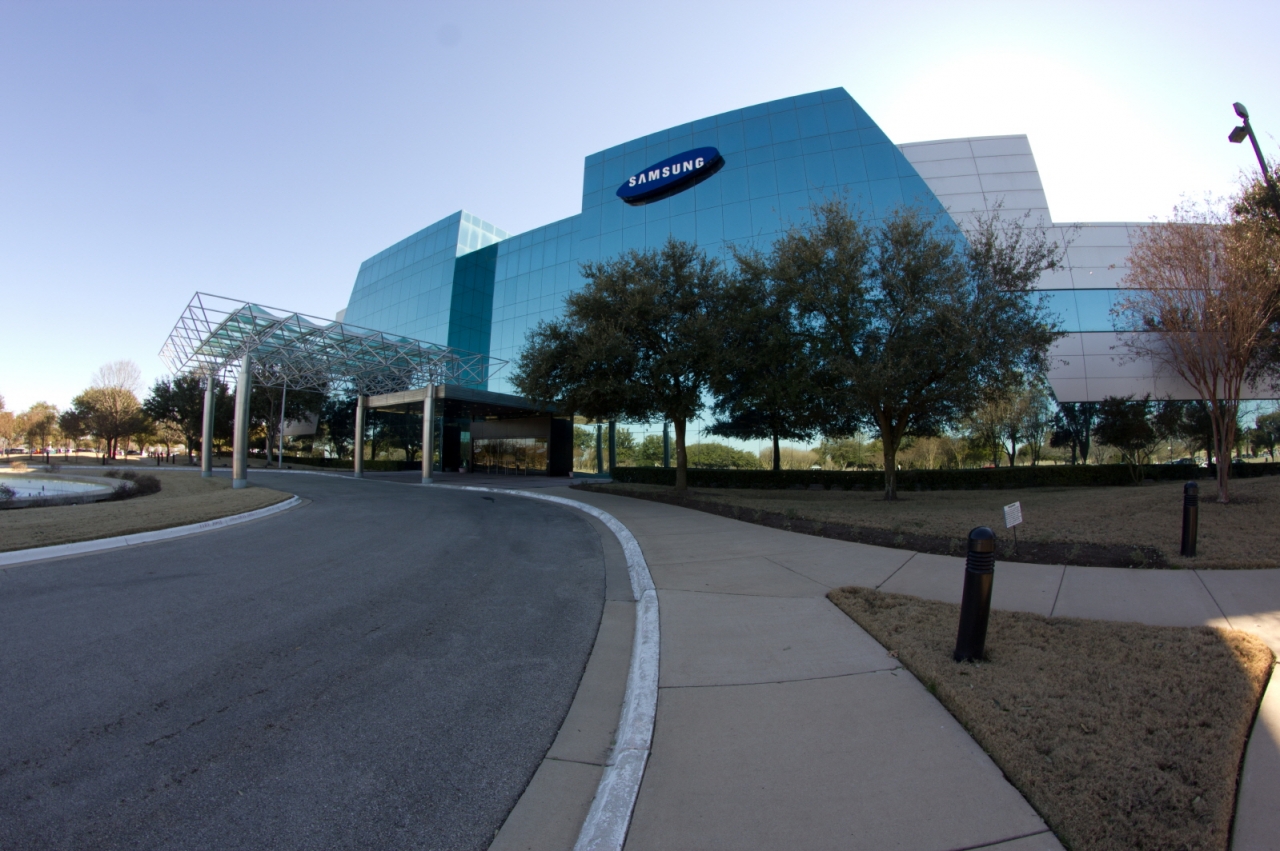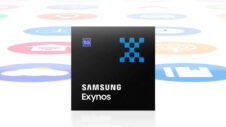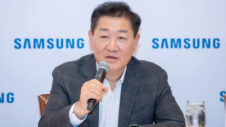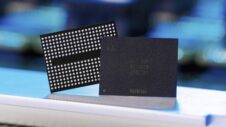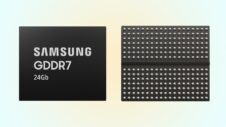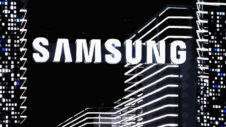Samsung’s semiconductor business has seen astronomical growth in the last couple of years, making the company the largest chipmaker in the world dethroning Intel. The Korean giant’s chip business has been the biggest contributor to the company’s record-high earnings in the recent quarters. Despite the stellar performance, there were always doubts about sustainability given that a large part of this success came from transient demand factors in the market.
It appears the chip market’s “super cycle” is finally coming to a halt, resulting in weaker Q4 forecasts for Samsung. According to a report in The Korean Herald, the slowdown in the global semiconductor market may also have a negative impact on Samsung’s spending in expanding its chip-making facilities in 2019.
At a recent biannual global business strategies meeting, Samsung device solutions division reportedly focused on the impending unfavorable demand and supply conditions for memory chips next year. “Adjusting the pace of increasing production capacities for DRAM and NAND flash chips was discussed at the meeting presided over by Vice Chairman Kim Ki-nam and heads of the chipmaker’s overseas branches,” the report says, quoting an industry source.
Limiting supply growth
During its third-quarter earnings call, Samsung estimated its annual bit growth, a term used to denote increased supply of memory chips in the market, for DRAM to be around 20 percent and NAND to be around 40 percent. Given the lowered growth estimates, Samsung is, unsurprisingly, turning cautious of its investments in expanding chip facilities next year.
To avert a fall in DRAM prices, Samsung may curtail supply growth by slowing down some of the planned investments. These include the construction of a second fabrication line at its Pyeongtaek campus and increasing capacity of DRAM production on the second floor of the first production line in the same campus.
Analysts are predicting the memory chip market to decline in the first half of 2019, but expect the conditions to improve during the second half. Micron Technology and SK Hynix, Samsung’s main competitors in the memory chip market, are also forecasting weak demand next year.
